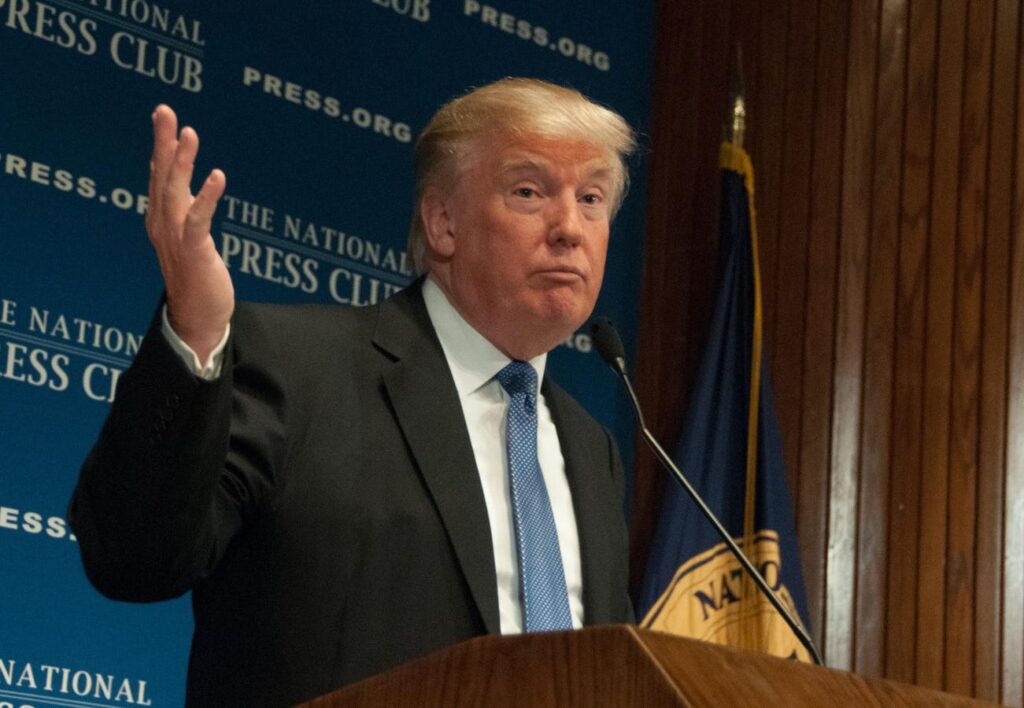Just the other week, I was at a hockey game with a friend who confessed he was worried about his investments now that Trump is back in the White House. He rattled off concerns about inflation, tariffs, a higher deficit, and the potential for geopolitical unrest. It reminded me of two friends from the past who made similar mistakes.
Back in 2008, when Barack Obama was elected, one friend was convinced that Obama’s policies would be too left-leaning and disastrous for the economy. Sure that disaster was imminent, he restructured his portfolio, shifting heavily into bonds, foreign stocks, cash, and gold. He even nicknamed it his “Obama Portfolio” and advised the rest of us to follow his lead. But as it turned out, his Obama Portfolio was a costly misstep. During Obama’s eight years in office, the S&P 500 gained an astonishing 235%, far outperforming the alternatives my friend had chosen.
Fast forward to 2016, and a similar story unfolded. Another friend, much like my hockey buddy, grew anxious about what Trump’s presidency might mean for the markets (I have friends on both sides of the political spectrum). She decided to play it safe, reducing her exposure to U.S. stocks sure that Trump’s unpredictable ways would tank stock returns. Yet, during Trump’s first term, the S&P 500 rose 83%.
Both friends let political fears dictate their investment strategies, and it hurt them in the long run.
These examples aren’t isolated. Since Jimmy Carter’s presidency in the 1970s, the S&P 500 has delivered double-digit annualized total returns in every presidential term except one—regardless of which party was in power. See below chart.
Even Carter’s inflation-heavy years saw the S&P 500 achieve an annualized return of nearly 13%. The lone exception? George W. Bush’s presidency, which delivered a -4.5% annualized return. But even that result largely reflects unfortunate timing: Bush’s presidency began at the peak of the dot-com bubble and ended during the depths of the Great Financial Crisis. While some might argue that Bush’s policies contributed to the crisis, he certainly wasn’t responsible for the dot-com bubble’s burst.
The conception that the stock market’s long-term performance hinges on who occupies the Oval Office simply isn’t true. The reality is far less dramatic. While elections can spark short-term market reactions, long-term equity returns are rarely reflective of a presidency. Consider this: despite their vastly different policies, the S&P 500’s annualized returns under Barack Obama and Donald Trump were identical at 16.3%.
Yes, presidential policies can influence the economy, which in turn impacts the stock market. But many other factors play a role, such as the normal ups and downs of the economic cycle, technological advancements, wars, and even pandemics. Market returns defy the fears and narratives stoked during election seasons.
The bottom line? Politics matter, but basing your investment decisions on who’s in the White House is not a winning strategy. History shows that markets tend to rise over time, regardless of political dynamics. Instead of reacting emotionally to elections, it’s far wiser to stick to a well-diversified, long-term investment plan. Politics may grab headlines, but when it comes to investing, the best approach is to keep calm and stay the course.
Read the full article here

